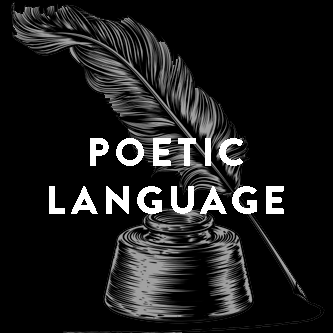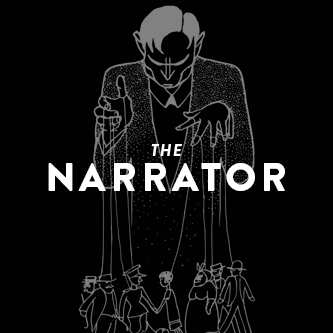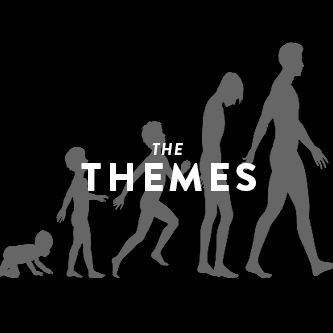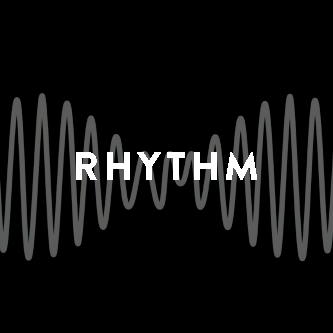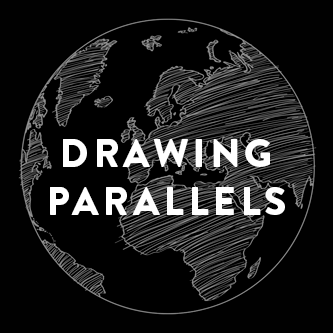
Poems & songs
"When power leads man towards arrogance, poetry reminds him of his limitations. When power narrows the area of man's concern, poetry reminds him of the richness and diversity of existence. When power corrupts, poetry cleanses." - John F. Kennedy
Introduction
Poetry is a genre that has been subject to much frown 1 and criticism by students over the years, but it is also, inarguably, a genre that contains great beauty and emotion. Poetry was found within the ancient Pyramids of Egypt, and thus it can be concluded that the genre has existed for more than 4000 years, making it one of the oldest forms of artistic human expression. In modern times, the genre has expanded into a wide array 2 of genres, often dictated by the form and structure, however, most textbooks of poetry distinguishes 3 between three types of poetry; epic, lyric and narrative poetry.
Epic, lyric and narrative poetry
The epic poem is a long and
narrative
3 work of poetry that often includes heroic journeys, muses,
divine
4 intervention and otherwordly obstacles and conflicts.
Milestones
5 of epic poetry include
Homer
's
Odyssey
(circa 8th century BCE),
Dante
's
The Divine Comedy
(1320) and
John Milton
's
Paradise Lost
(1667).
Narrative poetry does share common threads with the epic poem in the sense that both genres tell a story. It is argued that all epic poems are also narrative poems, however, all narrative poems are not necessarily epic. Narrative poetry is written in
meter
. It is usually dramatic and uses the voices of both characters and narrator. Examples include
Edgar Allan Poe
's
The Raven
(1845) and
Samuel Taylor Coleridge
's
The Rime of the Ancient Mariner
(1798).
Lyric poetry expresses the feelings and emotions of a first-person narrator, and though it does resemble song lyrics, they are not necessarily identical, the term for both genres, however,
derives
6 from Ancient Greek literature in which lyric is defined by the use of musical
accompaniment
7.
William Shakespeare
's sonnets and later the sonnets and poetry of
William Wordsworth
,
Lord Byron
and
Charles Baudelaire
are considered some of the major works of lyric poetry.

Poetry Analysis
The analysis of poetry needs to be approached in a slightly different manner than other works of fiction. However, just as when dealing with short stories and novels, new criticism is still the weapon of choice. As poetry is often personal and conveys great feelings and emotions it is, however, often difficult to leave the author completely out of the interpretation of the text. The recipients of Shakespeare's sonnets have been pondered upon for centuries and even in modern contexts, poetry and songs are often inspired by or dedicated to real people or events. Therefore, it might be useful to include other analytical approaches such as historical or biographical criticism.

